The Violence Against Women Act of 1994 (VAWA) was a United States federal law by President Bill Clinton on September 13, 1994 (codified in part at 42 U.S.C. sections 13701 through 14040). The Act provided $1.6 billion toward investigation and prosecution of violent crimes against women, imposed automatic and mandatory restitution on those convicted, and allowed civil redress in cases prosecutors chose to leave un-prosecuted. The Act also established the Office on Violence Against Women within the Department of Justice.
VAWA was drafted by the office of Senator Joe Biden (D-DE) and co-written by Democrat Louise Slaughter, the Representative from New York.
VAWA was reauthorized by bipartisan majorities in Congress in 2000 and again in December 2005. The Act's 2012 renewal was opposed by conservative Republicans, but it was reauthorized in 2013, after a long legislative battle.
As a result of the United States federal government shutdown of 2018–2019, the Violence Against Women Act expired on December 21, 2018. It was temporarily reinstated via a short-term spending bill on January 25, 2019, but expired again on February 15, 2019. The House of Representatives passed a bill reauthorizing VAWA in April 2019; the bill, which includes new provisions protecting transgender victims and banning individuals convicted of domestic abuse from purchasing firearms, has been ignored by the Senate.
We specialize in VAWA self-petitions since 2004. To contact an attorney to schedule a consultation, please email us.
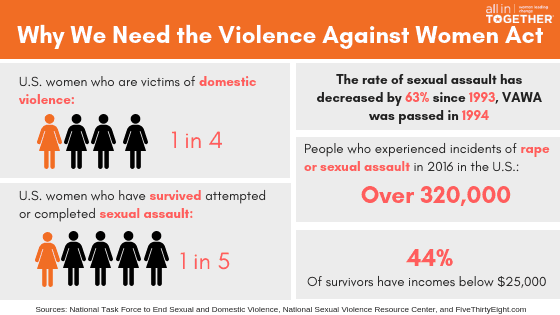
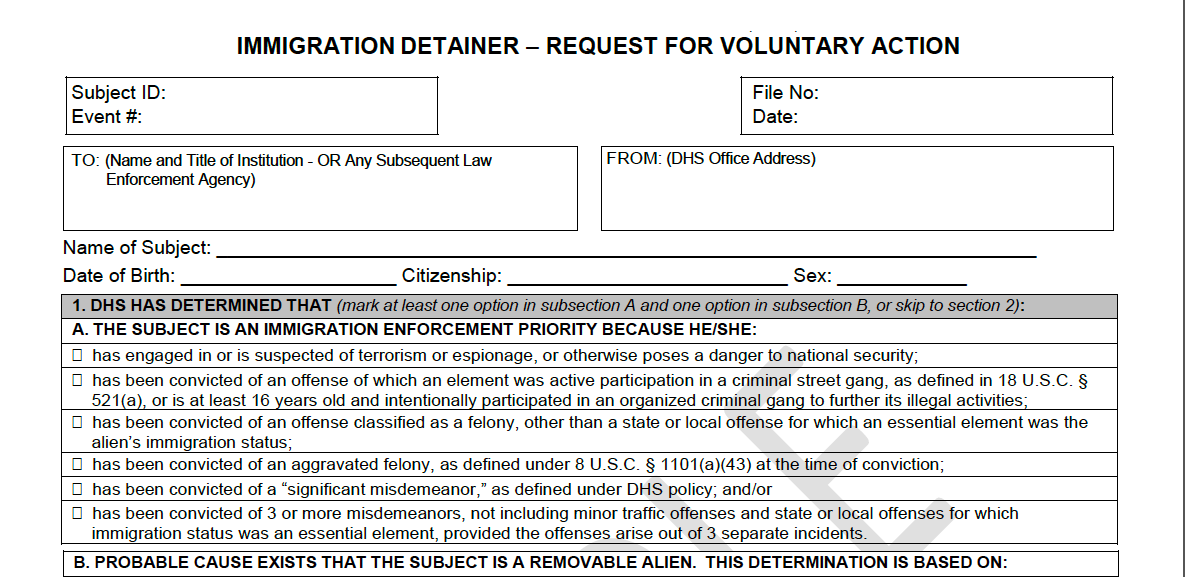





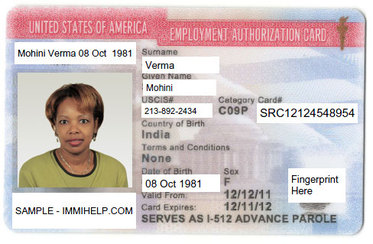
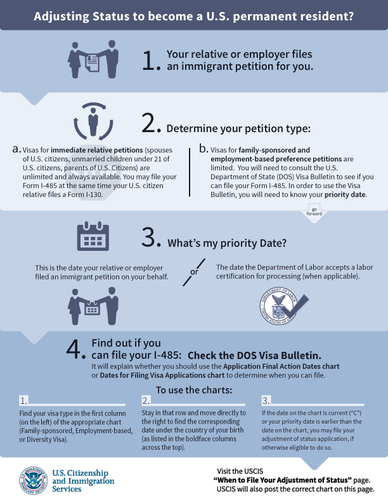

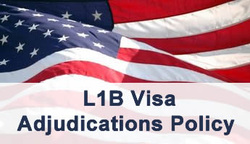

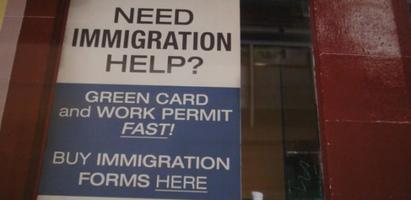
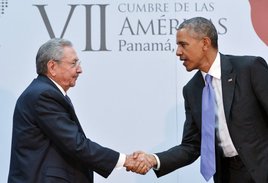
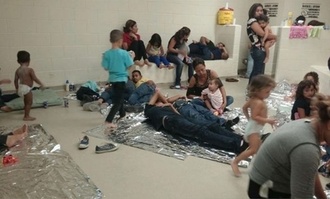
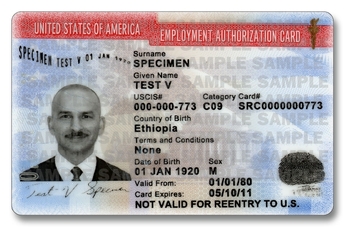


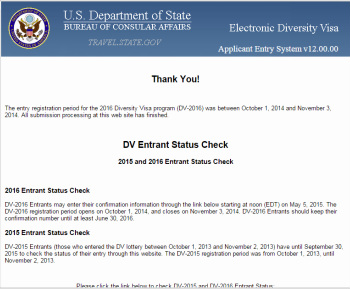
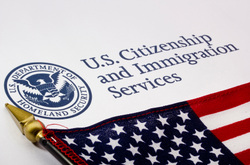


 RSS Feed
RSS Feed